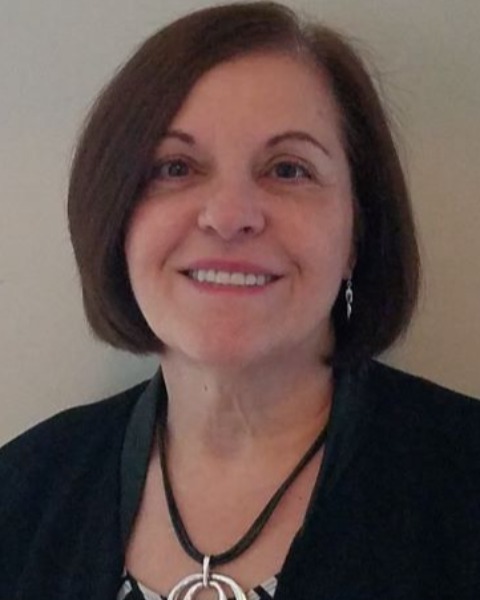Academic Education (AE)
(PP203) Effective IPECP Messaging and Resource Development for Health Professions Education and Practice

Loretta Nunez, AuD
Senior Director, Academic Affairs and Research Education
American Speech-Language-Hearing Association
Rockville, Maryland, United States.jpg)
Lynn Williams, PhD
Associate Dean and Professor
East Tennessee State University
Johnson City, Tennessee, United States
Lead Presenter(s)
Contributor(s)
Effective resources are key to advancing interprofessional education and collaborative practice (IPECP) engagement across education and practice settings and stakeholder groups. This poster will describe efforts undertaken over the course of three years to 1) assess IPECP messages and perspectives among audiologists, speech-language pathologists, and select related health professions; 2) revise and apply effective IPECP messaging based on stakeholder feedback, evidence and best practices, and 3) develop and disseminate new resources (rubrics, videos, case studies, evidence maps, etc.) designed to promote understanding of what constitutes IPECP, it’s benefits, and its implementation in academic and clinical education and practice settings.
Summary:
Background/Rationale: The American Speech-Language-Hearing Association (ASHA) is implementing multi-year efforts to advance interprofessional education and collaborative practice (IPECP) among audiologists and speech-language pathologists and related health professions. The following common barriers to IPECP implementation have been noted by audiologists and speech-language pathologists: not fully understanding IPECP as unique from multi- or interdisciplinary services and a lack of perceived added value. To address these barriers, ASHA engaged a communication consulting firm in 2019 to assist with developing effective messaging that enhances understanding of the IPECP construct across stakeholders and practice settings. The information gleaned was then applied to the development of new education, practice, and research resources in 2020-2022. This poster will illustrate the methods, deliverables, and outcomes. Methods/Methodology: In collaboration with a communication consulting firm, extant data and materials were evaluated to assess the effectiveness of IPECP messaging, positioning, and branding. Comparable materials from related health professions supporting IPECP were also examined. Messaging was developed to include overarching messages about what IPECP is and why it is important. Additional tailored messages were developed for audiologists and speech-language pathologists in the following practice settings: health care, education (K-12), and college/university (includes clinical and academic faculty). Messaging was evaluated through a qualitative interview process with audiologists and speech-language pathologists and members of related professions. In 2020 -2022, an ASHA initiated team applied the effective messaging to the development of a compendium of multi-media resources to better engage stakeholders in IPECP. Results/Findings: Information gained from stakeholder interviews and review of educational materials about IPECP revealed differing stakeholder perspectives about IPECP, its applicability, and motivation for engagement or lack of engagement. This poster will show how the information is being applied to disseminate more effective IPECP resources for use in academic, clinical, and research education, clinical practice, and in advocacy. Conclusions/Implications: Strategies for mitigating informational gaps with effective messaging will be addressed. A compendium of newly developed resources reflecting effective IPECP messaging for use by multiple health professions will be featured and shared for adoption in education and practice. Evans, W.D., Uhrig, J., Davis, K., and McCormack, L. (2009). Efficacy Methods to Evaluate Health Communication and Marketing Campaigns. Journal of Health Communication, 14:315–330, 2009. DOI:10.1080/10810730902872234 Lawlis, T.R., Anson, J. & Greenfield, D. (2014) Barriers and enablers that influence sustainable interprofessional education: a literature review, Journal of Interprofessional Care, 28:4, 305-310, DOI: 10.3109/13561820.2014.895977 O’Reilly, P., Lee, S. H., O’Sullivan, M., Cullen, W., Kennedy, C., and MacFarlane, A. (2017). Assessing the facilitators and barriers of interdisciplinary team working in primary care using normalization process theory: An integrative review. PLoS One 2017, 12(5): e0177026. Published online 2017 May 18 doi: 10.1371/journal.pone.0177026
References: Learning Objectives:
